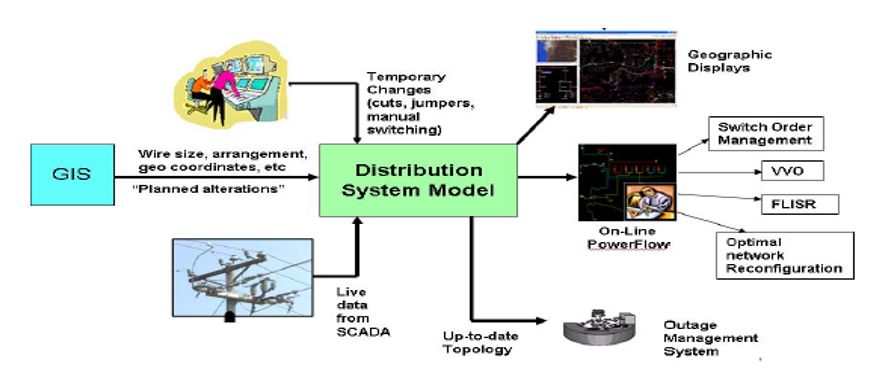Distribution Management System (DMS) and its Role in Electric Vehicle (EV) Charging Management
ELECTRICVEHICLESDMSSMARTGRIDEVCHARGING
Mahdi Nafa


The Significance of DMS in EV Charging
Distribution Management Systems (DMS) play a pivotal role in efficiently managing the charging of electric vehicles (EVs). As the number of EVs on the road continues to grow, DMS are becoming increasingly essential for optimizing grid operations and ensuring a sustainable transition to electric mobility.
Key Applications of DMS for EV Charging
Optimized EV Charging Scheduling: DMS should enable intelligent scheduling of EV charging, considering peak demand periods to prevent grid overload and optimize utilization of off-peak hours.
EV-Specific Data Collection: DMS should be capable of collecting EV-specific meter data to enable precise charge management and the application of targeted tariffs.
Implementation of EV-Specific Charging Tariffs: DMS can facilitate the implementation of specific tariffs for EV charging, encouraging more efficient grid utilization by consumers.
Consumer Information Provision: DMS can provide consumers with information on EV charging, empowering them to make informed decisions about their charging behavior.
Data Collection for Greenhouse Gas Emission Reduction Credits: DMS can assist in collecting data necessary to obtain greenhouse gas emission reduction credits associated with EV charging.
Benefits of Utilizing DMS for EV Charging
By integrating these functionalities, DMS can offer a multitude of benefits, including:
Reduced Grid Strain: Optimized charging schedules and demand management can minimize strain on the power grid, preventing blackouts and ensuring grid stability.
Lower Charging Costs: Time-based charging tariffs can incentivize consumers to charge during off-peak hours, leading to lower electricity costs.
Increased EV Adoption: Enhanced charging infrastructure and consumer information can encourage wider EV adoption, promoting a shift towards sustainable transportation.
Environmental Benefits: Reduced greenhouse gas emissions and improved air quality contribute to a cleaner and healthier environment.
Conclusion
DMS are at the forefront of enabling a seamless and sustainable transition to electric mobility. By effectively managing EV charging, DMS can optimize grid operations, reduce costs, and promote environmental sustainability, paving the way for a cleaner and more energy-efficient future.
Hashtags:
#ElectricVehicles #EVCharging #DistributionManagementSystem #DMS #SmartGrid #Sustainability #RenewableEnergy
